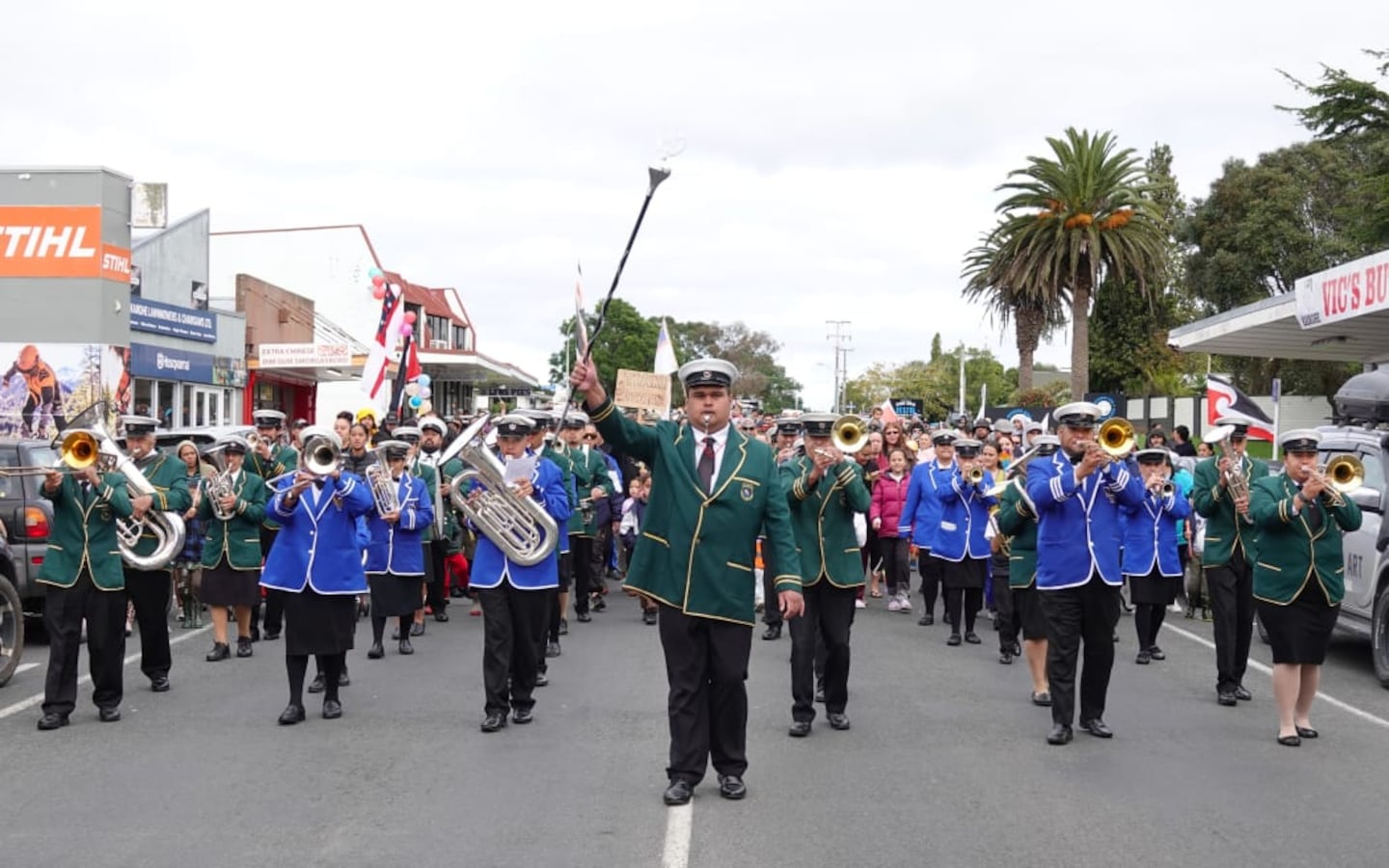This article was first published by RNZ.
More than 400 people have marched down Kaikohe’s main street to honour the tragically short life of Catalya Remana Tangimetua-Pepene.
The 3-year-old died at her home last month, and a 45-year-old man has since been charged with her murder.
Her death has rocked the small Northland town, which on Monday sought to remember her with a hīkoi starting at the top of Broadway, near the housing complex where she lived.
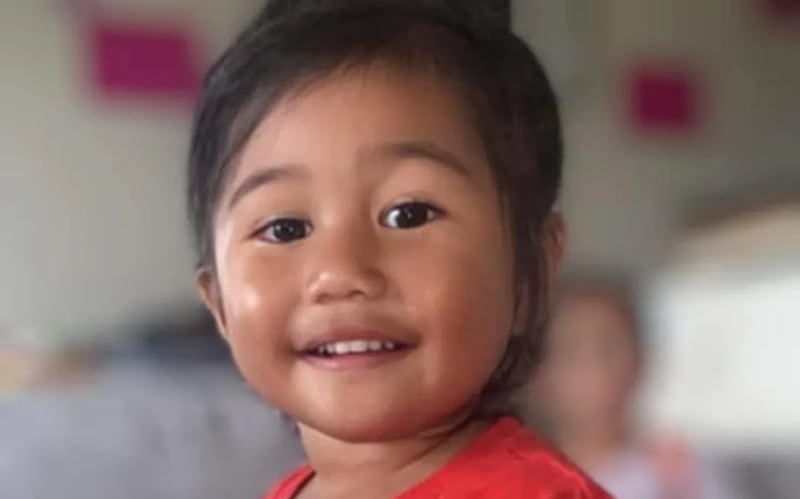
The hīkoi was led by Kaikohe’s Piriwiritua Rātana Brass Band and dominated by families with young children carrying balloons and blowing bubbles.
Many of those taking part wore vivid colours in memory of a girl whose smile was so bright neighbours said it “lit up the whole world”.
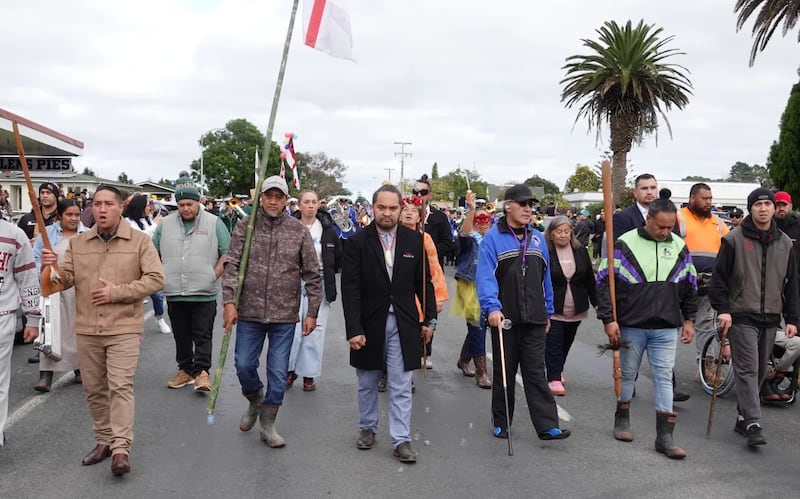
By the time the hīkoi reached the green, at the former Kaikohe Hotel site halfway down Broadway, the crowd had swelled to about 500.
There community leaders exchanged speeches and children played on bouncy castles or took part in activities such as colouring contests.
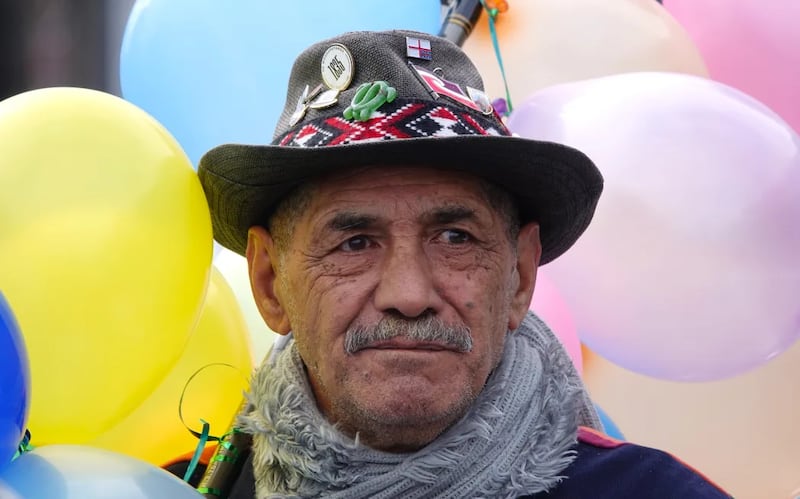
It was an emotional day for many, including Sharon Harris, who said she was one of Catalya’s two godmothers.
Harris, who was holding a bunch of balloons, each with a message for her godchild, said her smile was so wide it reached “from one eyebrow to the other”.
Fighting back tears, Harris said she was heartened by the number of people taking part.
“I’m really glad everybody’s turned out here to tautoko this hīkoi ... but it makes me miss her heaps when I look at all these other little kids. She was a beautiful child. I have a child of my own, she was very close to Catalya.”
One of the organisers, Mutunga Rameka, of the hapū Te Matarahurahu, said the aim of the hīkoi was to show unity and celebrate Catalya.
“The kaupapa is ‘He tapu te mokopuna’, which translates as ‘All children are sacred’. It doesn’t matter whether you know them or not. We have a duty as adults to look after all tamariki.”
Rameka was pleased with the turnout but said there was much more work to be done.
“I’m hoping we can be part of that so we can show aroha to all mokopuna.”
Mike Shaw, a community leader and pastor at Kaikohe’s Celebration Church, said the tragedy had been keenly felt.
“We’re quite a small community, so when something like this happens it has a big impact … This literally happened in my street, and there’s a sense of sadness and despair to know that such a young and beautiful life was ended so needlessly.”
Shaw was concerned by what he said was the practice of bringing high-needs families into a town that was already struggling, and whether they had enough support.
He believed social housing complexes needed not just external support, but also pastoral care from qualified people living on the premises and available whenever needed, to check up on residents who were struggling and de-escalate problems.
“So I’m here to support the hīkoi and the community’s grieving process, but also to get into discussions about where to from here, and how can we prevent these kinds of things from happening again.”
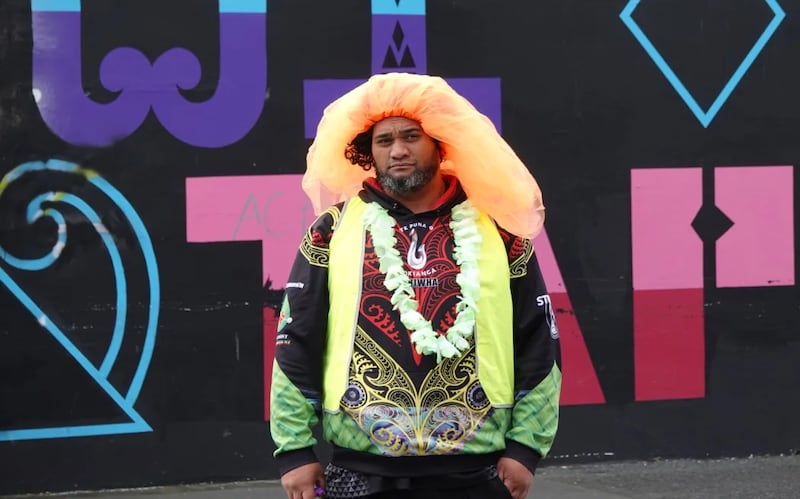
Shaw said Catalya’s death was not a sign of a wider pattern in Kaikohe.
“On the back of recent publicity about methamphetamine it could give you the impression that we’re in a downward spiral, but this was an anomaly. Most families in Kaikohe are loving families that support their young people, so we’re optimistic about the future while also being realistic about the high needs around us.”
Shaw said he was heartened by the number of young families taking part, “supporting each other through the grief into a better future”.
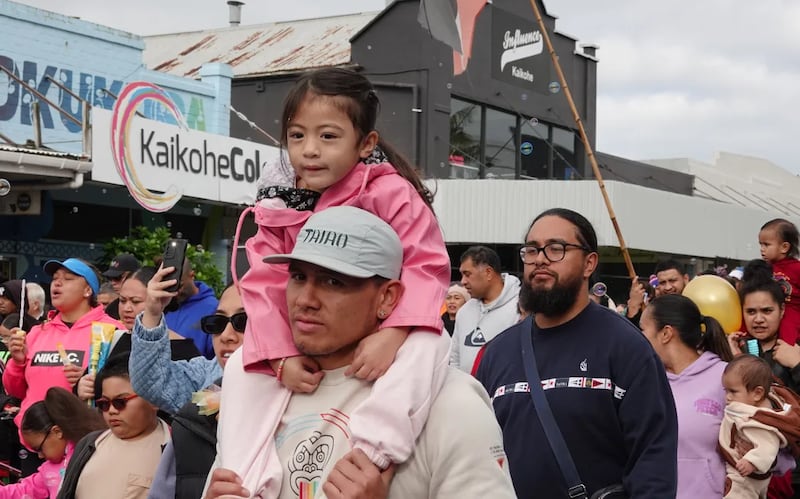
Former Māori Affairs Minister Dover Samuels, fresh from being named in King’s Birthday Honours, said the speeches after the hīkoi gave him cause for hope.
“A number of our leaders and kaumātua and wahine toa said the cure for this does not lie with the government, it lies with ourselves, our whānau. It can’t be fixed by government pouring money into more ambulances at the bottom of the cliff. We have to accept our responsibilities ourselves.”
Samuels said drugs and alcohol were usually the cause when families became dysfunctional.
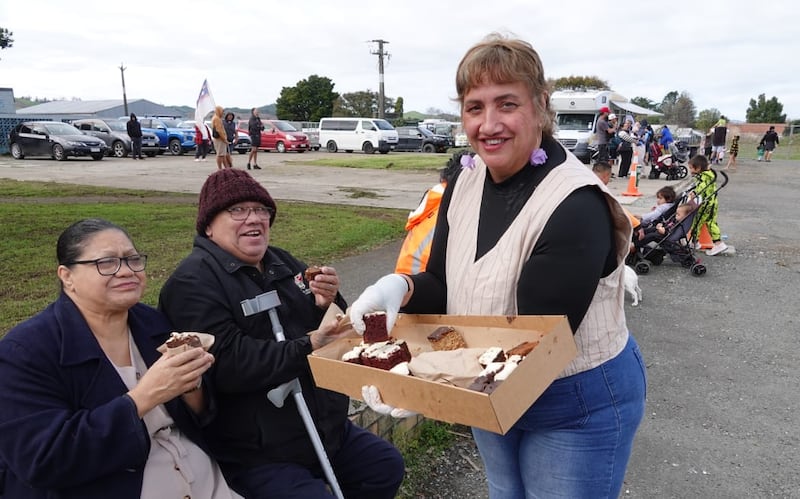
Government Minister Shane Jones, who was among the speakers, made a similar point.
He said what had happened to Catalya was not a specifically Māori issue, but the result of people absorbing drug culture and losing all sense of responsibility.
“The death of the baby is an inevitable culmination of moral decay, drugs and violence. The event today is positive because it’s put the acid back on families themselves to intervene and not let situations escalate to a point where they’re beyond salvation,” Jones said.
The 45-year-old man charged with assaulting and murdering Catalya is due in the High Court at Whangārei on 11 June. He has interim name suppression.
By Peter de Graaf of RNZ.

